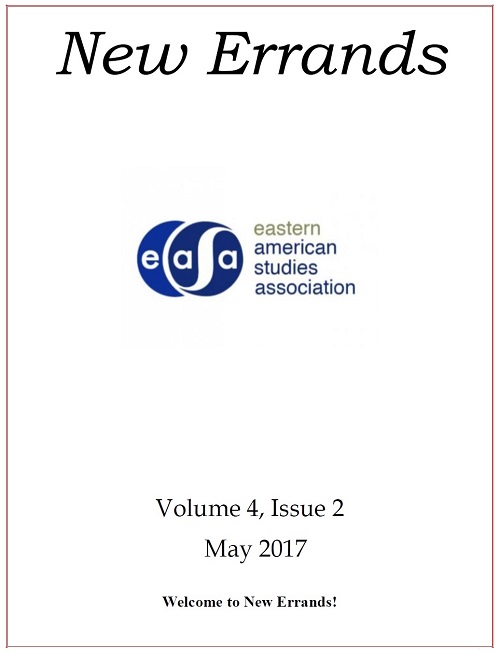Carrie Mae Weems: Writing A Universal African American History
DOI:
https://doi.org/10.18113/P8ne4260346Abstract
Implicit in the comparison between Krugerand Weems is the notion that Kruger, as a whiteartist, is free to explore the representativepossibilities of her work, while Weems, as a blackartist, should stick with her "personal narratives" ofrace and gender. Weems has very publicly andexplicitly voiced her frustration with suchreductionist characterizations of her work. Afterwinning the prestigious MacArthur fellowship in2013, she explained that her "disadvantage [as awoman of color], when I am viewed by the world Iam viewed only in relation to my black subjectivity,even though I am a very complex woman… [Mywork] is partially about race, but considerablymore."(Macfound) Weems, like so many blackartists, has often been reduced to a racial type by theelite art world. Weems in no way is trying to shedher African American identity; rather, she isattempting to embed her race as one aspect of hercomplex and intersectional identity.

Carrie Mae Weems: Writing a Universal African American History by Edward Maza is licensed under a Creative Commons Attribution 4.0 International License

